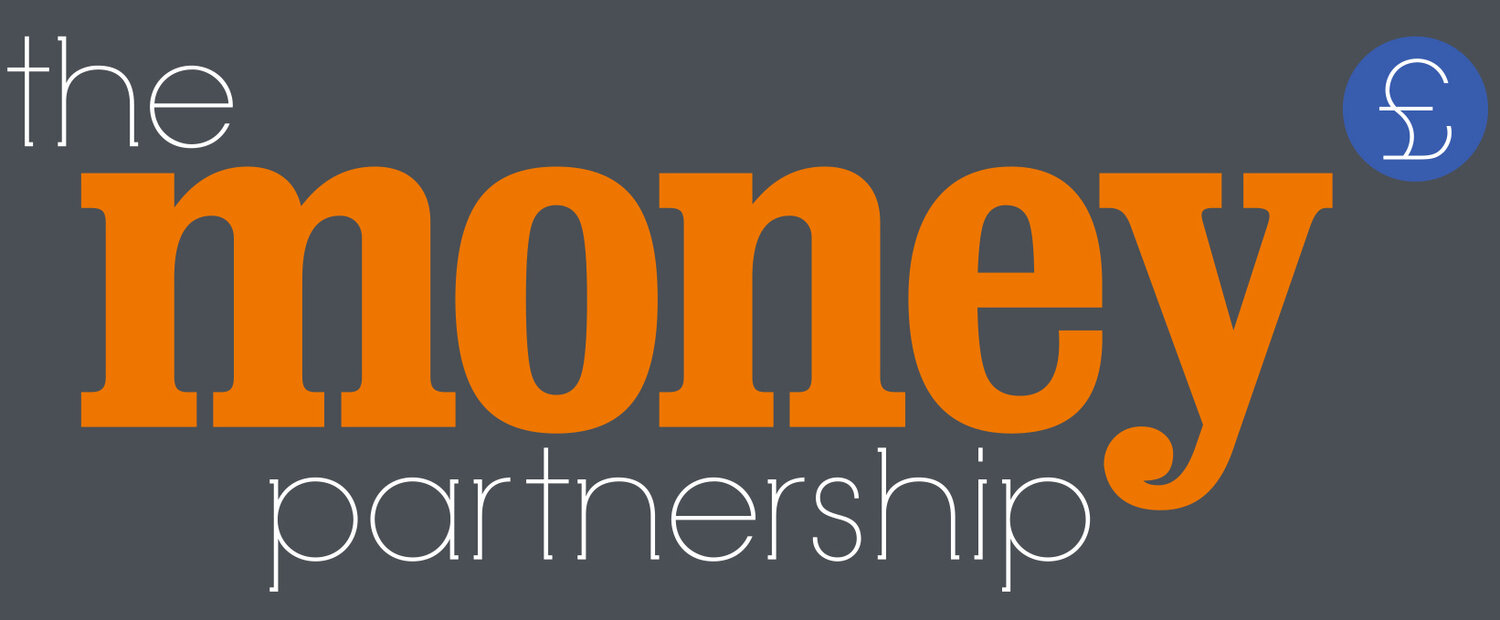a first time buyers guide
Lockdowns and restrictions certainly haven’t made things easier for first time buyers, as the market is experiencing an economic boom and getting more competitive by the minute. To make things easier, we’ve rounded up some tips to help you with the purchase of your first home...
Tip 1. Be prepared
Before you start looking for a house, the very first thing you should do is find out how much you can borrow as this will dictate how much deposit you’ll need to save and the price of property you can afford. It’s always a good idea to review your credit rating too so that you have no nasty surprises when submitting your mortgage application. If you need to improve your credit rating, click here. Start thinking about what sort of properties you like and the area you would like to live indo some property research beforehand, just to get an idea of what kind of properties you like, the area that you’d like to live in, old houses, new builds etc.
Tip 2. Know the process
Familiarising yourself with the process of buying a home can help to reduce stress. You’ll know exactly what’s happening next and what to expect from your solicitor, estate agent and mortgage adviser. Here are the main steps involved when it comes to obtaining your mortgage offer:
Agreement in principle - This is a pre-approval. Here, we'll clarify exactly how much you can borrow.
Finding the right deal - When you've found a property, we'll scour the market to find the most suitable mortgage deal and lender for you.
Application submission - Once you've made an offer we'll submit your loan application.
Underwriting - Next, your financial circumstances are reviewed and documents verified against the loan requirements
Valuation - Now, a valuation is commissioned by the lender to assess the value of your property to ensure it's worth the amount they're lending you to buy it.
Mortgage offer - Finally, if there are no issues with the property and the underwriters are happy that you meet the lending criteria your mortgage will be approved!
Tip 3. Ask yourself questions
There are 4 main things to consider when buying a house, and these are just some of the questions you should be thinking about:
Affordability - Do you know if you’ll be applying for a single or joint mortgage? Are you in any debt? Have you looked at the property prices in the area you’d like to live?
Location - Have you considered your day-to-day routine, like getting to and from work and seeing friends and family? Have you checked out the transport links and local amenities? What’s the crime rate? Are there any schools in the area?
Costs - How much are the conveyancing charges? Do you need extra savings to furnish the property? What will your outgoings amount to once you’ve moved in?
Mortgage application - Have you got your deposit ready? Are you aware of your credit rating? Have you got all the necessary documentation ready to go?
Tip 4. Be aware of the costs
Let’s face it - buying a house is one of the biggest purchases you will ever make, and there are both upfront and ongoing costs that you have to take into account. When it comes to upfront costs, you have to prepare your deposit (typically 10% of the property value), mortgage fees, legal fees, a valuation fee (some lenders don’t charge for this), land transaction tax and moving costs. The ongoing costs are of course the monthly mortgage payment, utility bills, broadband and wifi, council tax, tv licence and package, general maintenance and repairs, insurance, and ground rent and maintenance fees if you’ve bought a leasehold property.
Tip 5. Discover your options
Saving for a large deposit isn’t easy, and although 5% deposit mortgage deals have returned to the market, if you don’t fit the lending criteria you will have to keep saving. However, as a first time buyer you might be eligible to apply for a government affordable home ownership scheme, making it easier for you to get on the property ladder.
Things can get emotional buying your first house and it’s important you obtain guidance to ensure you’re making careful decisions throughout. If you’d like to involve us on your journey, we would be delighted to be your mortgage advisers of choice.

